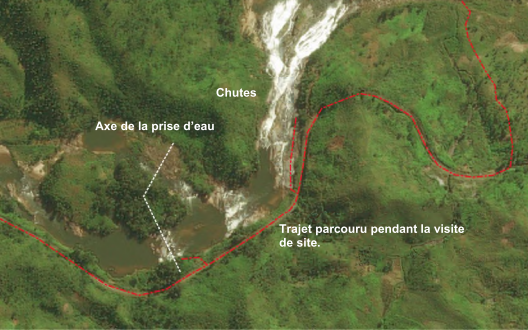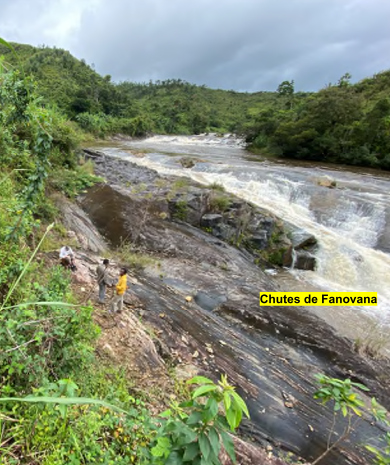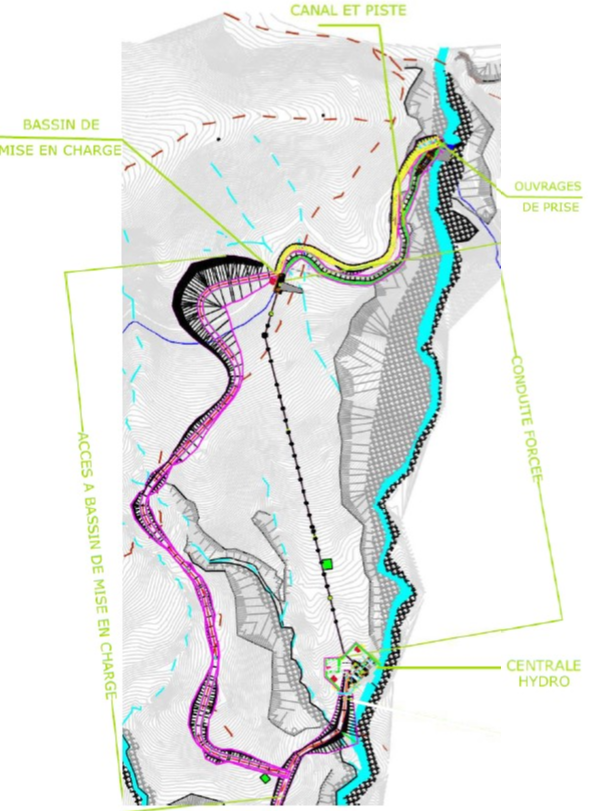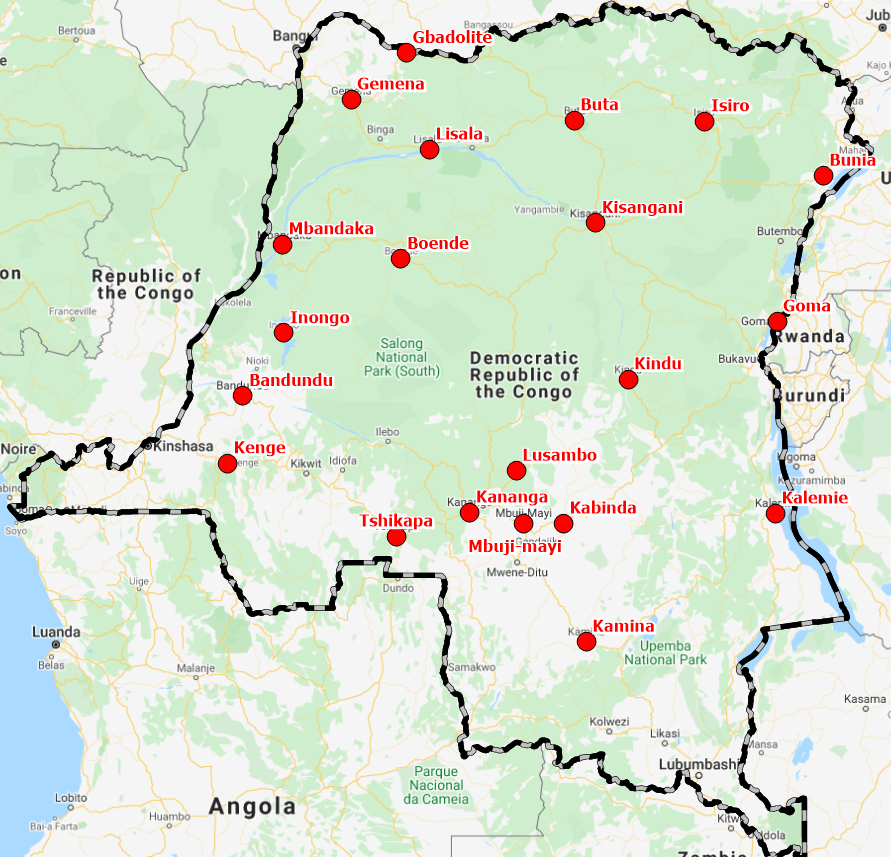IED is selected by Kenya’s Ministry of Energy to provide institutional and technical capacity building to the renewable energy sector.
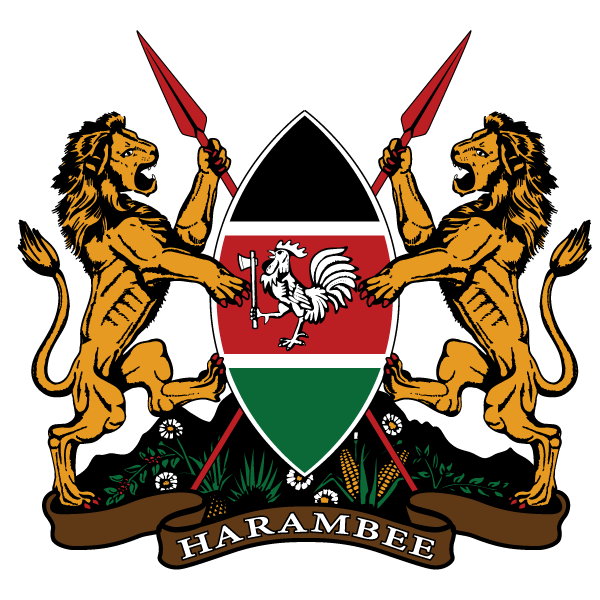
Local energy planning provides an excellent opportunity to operationalise Kenya’s sustainable energy agenda, ensuring that energy services are planned to meet local development needs and are financially, socially and environmentally sustainable. IED, in partnership with Loughborough University, has been selected to contribute to this process, by supporting Kenyan energy sector stakeholders in the identification, planning and implementation of sustainable energy projects.
The project, a three-year technical assistance facility funded by the EU, is designed to support participative sustainable energy planning and project implementation through targeted technical and strategic support to national energy agencies, county-level governments, the private sector, and civil society organisations.
At the local level, our team will be responsible for accompanying 47 county governments in the preparation and implementation of County Energy Plans through a multi-step training programme based on the Energy Delivery Model.
At the national level, the project team will support the Ministry of Energy and other national agencies on engaging with local planning processes, evaluating County Energy Plans and energy projects, and in implementing policies and regulations in support of the country’s strategic energy objectives more broadly. Additional programming for the private sector and civil society groups will aim to improve overall sector engagement and address key skill gaps.
The project team will mobilise Kenyan and international experts from leading organisations in the development of innovative approaches to sustainable energy planning, including IED, Loughborough University, the African Centre for Technology Studies, CAFOD, the International Institute for the Environment and Development, and Practical Action Consulting. Project launch has been delayed by the global COVID-19 pandemic, but our team is busy organising behind the scenes and looking forward to hitting the ground running in the second half of 2020!




